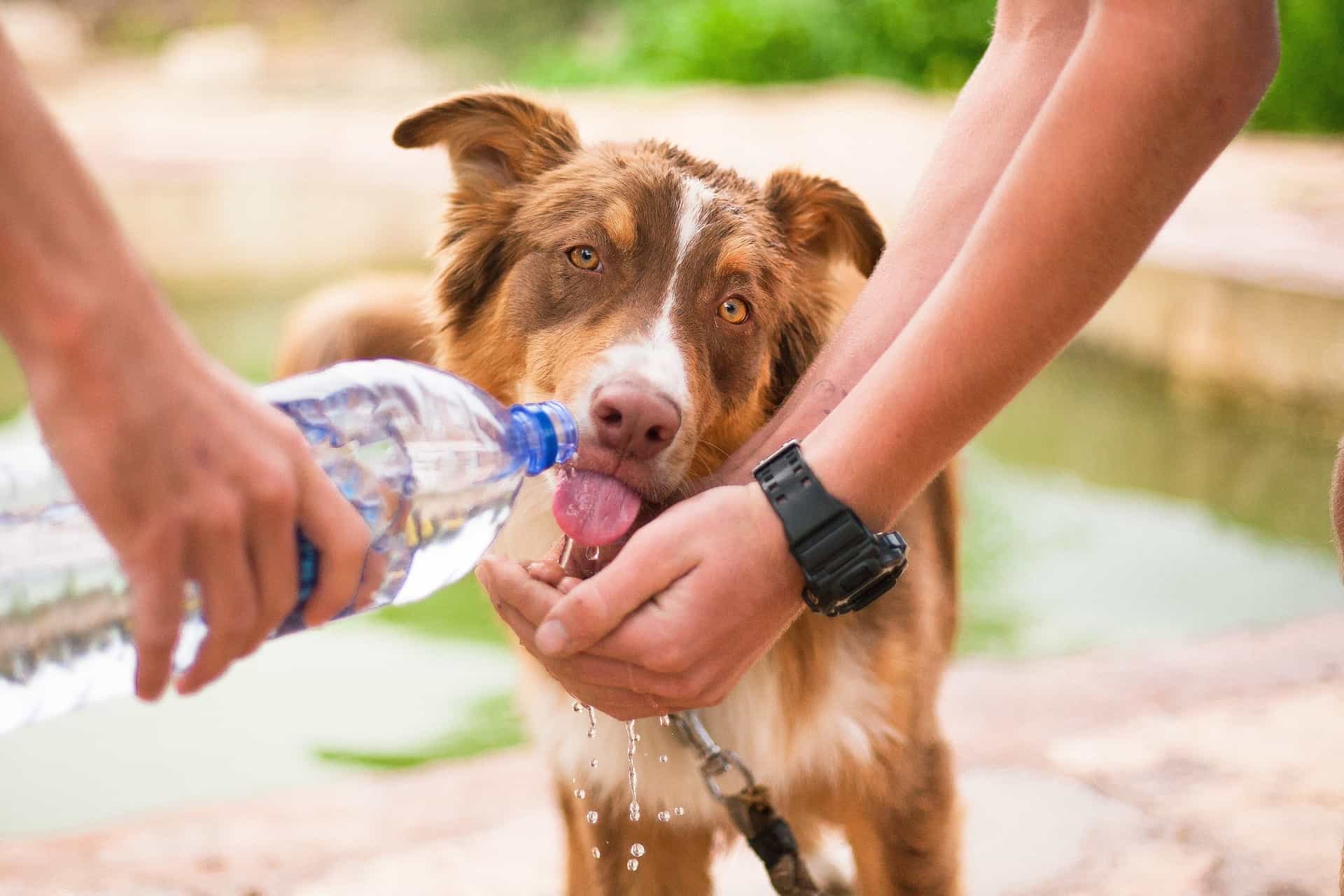Keep your pets cool this summer
Some like it hot! But most of our companion animals sure don’t, especially when extreme heat comes on too quickly, preventing their bodies from building up a physiological resistance/tolerance to it. Adapting to heat takes time and gradual increases in temperature, which sure didn’t happen this spring. Let’s cover the basics on what to watch out for and how to prevent heat emergencies, because they’re often fatal and even when they aren’t, who has money to spend on expensive emergency vet bills?
Know the risk factors that contribute to overheating
We’ve already covered how quick increases in temperature prevent a pet’s inner physiology from protecting itself. However, some physical factors will also cause their bodies to overwork even more in the heat. These include pets who are obese (think about pets who snore at night); pets who are very young or old; and pets with respiratory/breathing issues such as collapsing tracheas and/or brachycephalic breeds (those with flat faces and small nostrils) like Shih Tzus, Boston terriers, pugs, boxers, and bulldogs.
Know the symptoms of overheating
Watch out for excessive panting. Whenever our pets pant, there should be breaks in it. When there aren’t breaks, pay attention. Another sign to look for is excessive drooling. Any drooling in pets who never do should provoke action. Pay attention to new tiredness, muscle weakness, or unsteadiness. Never ignore unexplained vomiting and/or diarrhea, or even general restlessness.
If you notice your pet is overheating, provide access to fresh water, shade, and somewhere cool (a cool basement, an air conditioned car, a pet-friendly air conditioned store, or a strong fan).
If you’re unable to alleviate any of these symptoms in under 30 minutes, seek medical attention. Don’t forget you can always monitor your pet’s Sleeping Respiration Rate (SRR) to check in on their overall well-being: edmcommunityvet.com/portfolio/how-to-measure-your-pets-sleeping-respiration-rate/.
Know what you shouldn’t do
Never (like ever) leave your pets alone in a parked vehicle; leave pets unsupervised around a deep pool; or leave your pets without enough water. Also, don’t shave your dog to cool them off (hair is protective and sunburns happen), and don’t linger on hot asphalt (paw pads can burn quickly, so stick to the grass).
Until next time!
Dr. Russell trained as a biochemist and veterinarian, owns the Edmonton Community Vet Clinic, mentors Little Vets, and enjoys her time as an engaged community member.







